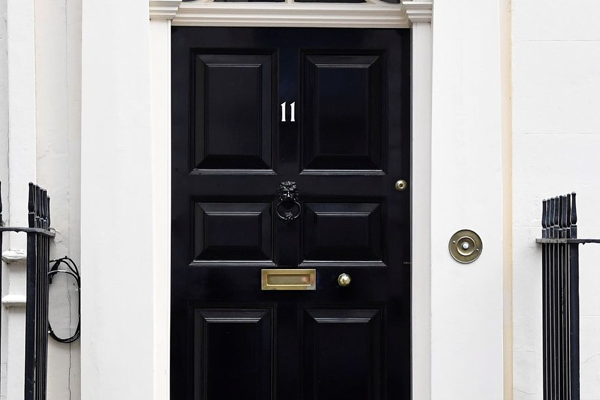Designed to boost economic growth and cool inflationary pressures, the ‘mini-budget’ announced by Chancellor of the Exchequer Kwasi Kwarteng was described by the Institute for Fiscal Studies (IFS) as “the biggest tax event since 1972”. The Government aims to achieve a trend growth of 2.5% for the UK economy over the medium term.
A cut in the basic rate of income tax from 20% to 19% was brought forward to April 2023. The additional rate of income tax – currently charged at 45% on annual earnings over £150,000 – will be abolished, to be replaced by a single higher rate of 40% from April 2023. Meanwhile, having raised National Insurance Contributions (NICs) by 1.25% for employers and employees in April, the Government reversed the decision with effect from November. The increase in NICs had been implemented to pay for a new Health & Social Care Levy for the NHS, which has now been scrapped.
The threshold on stamp duty on property purchases was raised from £125,000 to £250,000 with immediate effect, and the threshold for first-time buyers was increased from £300,000 to £425,000. The government also scrapped the planned increase in corporation tax from 19% to 25%, which was due to take place next year. The move will mean the UK has the lowest rate of corporation tax in the G20.
Domestic energy bills have been limited to an average of £2,500 per year for two years from October, while energy bills for businesses, charities and public sector organisations will also be capped. These subsidies will cost the exchequer around £60 billion over the next six months.
The rules governing Universal Credit as the Chancellor warned that benefits will be reduced if fail to fulfil job search commitments. Around 120,000 more people on Universal Credit will be asked to take active steps to seek more and better-paid work or face having their benefits cut.
In a controversial move designed to increase London’s competitive position, rules capping bankers’ bonuses were abolished. The Chancellor also promised an “ambitious package of regulatory reform” later this autumn in a bid to increase London’s competitive position. Elsewhere, planned increases in alcohol duties on beer, cider, wine and spirits were cancelled, and VAT-free shopping will be introduced for overseas visitors as soon as possible.
Information within this article is based on current understanding of taxation and HMRC rules and can be subject to change in future. It does not provide individual tailored investment advice and is for guidance only. We cannot assume legal liability for any errors or omissions it might contain.
All details are correct at the time of writing (28 Sept. 2022).
The above article was supplied by Marketing in Partnership.


